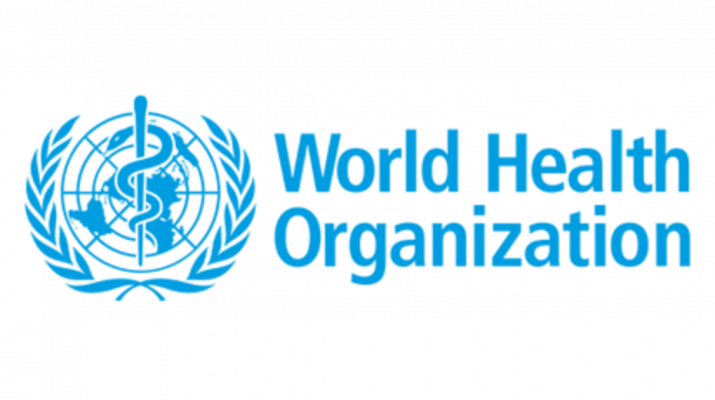By Neville Oduor
The World Health Organization (WHO) has reaffirmed its commitment to tackling the ongoing mpox outbreak, declaring it a continued public health emergency of international concern (PHEIC).
This decision, announced on June 9, 2025, follows the fourth meeting of the International Health Regulations (IHR) Emergency Committee, which highlighted a troubling rise in cases, particularly in West Africa and beyond.
Despite the challenges, this proactive stance by WHO offers a glimmer of hope for coordinated global action to curb the spread of the virus.
The announcement underscores the urgency of the situation, with the Democratic Republic of the Congo (DRC) at the epicenter of the outbreak, which was first declared a PHEIC on August 14, 2024.
The Committee noted, “The continuing rise in the number of cases, including a recent increase in West Africa, and likely ongoing undetected transmission in some countries beyond the African continent,” as key factors for extending the emergency status.
WHO Director-General Dr. Tedros Adhanom Ghebreyesus concurred, issuing updated temporary recommendations to support countries experiencing outbreaks.
This renewed focus includes efforts to enhance surveillance, improve vaccination strategies, and strengthen international cooperation.
The emergence of a new clade, 1b, has raised alarms, but WHO’s strategic advisory group is expediting the emergency use listing of two mpox vaccines, signaling progress toward containment.
“The upsurge of mpox in the Democratic Republic of the Congo and its spread to neighboring countries was first determined to be a public health emergency of international concern by the Director-General on 14 August 2024,” the statement emphasized, reflecting a year-long effort to address the crisis.
While challenges remain, including vaccine shortages, partnerships with organizations like Gavi and Africa CDC are mobilizing resources.
This collective response fosters optimism that, with sustained effort, the global community can overcome this health threat, protecting vulnerable populations and restoring public confidence.

